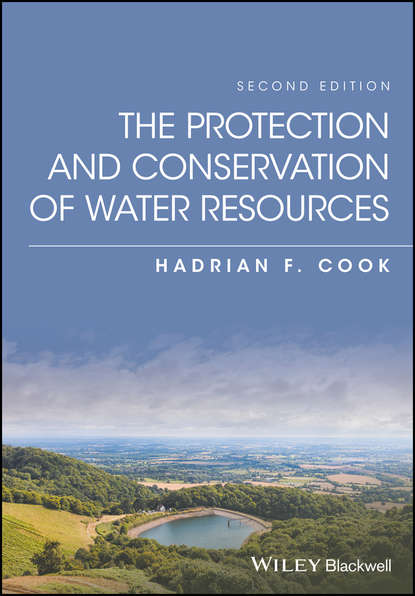- бизнес-книги
- детские книги
- дом, дача
- зарубежная литература
-
знания и навыки
- изучение языков
- компьютерная литература
- научно-популярная литература
- словари, справочники
-
учебная и научная литература
- безопасность жизнедеятельности
- военное дело
- гуманитарные и общественные науки
- естественные науки
- задачники
- монографии
- научные труды
- практикумы
- прочая образовательная литература
- сельское и лесное хозяйство
- технические науки
- учебники и пособия для вузов
- учебники и пособия для ссузов
- учебно-методические пособия
- история
- комиксы и манга
- легкое чтение
- психология, мотивация
- публицистика и периодические издания
- родителям
- серьезное чтение
- спорт, здоровье, красота
- хобби, досуг
Hadrian F. Cook — The Protection and Conservation of Water Resources
Купить и скачать за 11047.74 ₽

Понравилась книга? Поделись в соцсетях:
Автор: Hadrian F. Cook
Издатель: John Wiley & Sons Limited
ISBN: 9781119334309
Описание: This book is about water – in Britain, and in the world. It is about water resources, their conservation, protection of water quality for human consumption and aquatic ecosystems. Since the publication of the first edition in 1998, major political and regulatory changes have taken place; this book provides a clear and comprehensive update of conservation and water resource management issues in the UK over the past two decades, and – in an expansion of its original UK perspective – now includes examples of global best practice. The UK’s 2003 adoption of the EU Water Framework Directive has had enormous implications for the conservation and management of our water resources. In 2016, with the UK’s decision to leave the EU, the governance scene is entering upon an unpredictable future regarding its major water resource policies. The Protection and Conservation of Water Resources, Second edition provides a clear and comprehensive update of conservation and water resource management issues. Chapter 1 deals with sustainability and water policy, outlines the issues and challenges, and asks: what is integrated water management? Chapter 2 reviews water availability and sufficiency in Britain, while Chapter 3 explores the dynamic between institutions and legislative framework. Chapter 4 introduces the catchment approach, and chapters 5 and 6 explore the issues of sustaining bulk supply and the imperatives of climate change. Chapter 7 looks at the contemporary background to water quality issues, and Chapter 8 provides case studies of catchment problems, both urban and rural. Chapter 9 describes solutions in land use change, including technical fixes and their sustainability. Chapter 10 is concerned with emerging governance arrangements, and Chapter 11 takes a global view, looking at successful examples around the world to find positive lessons from Europe, north America and Australia.